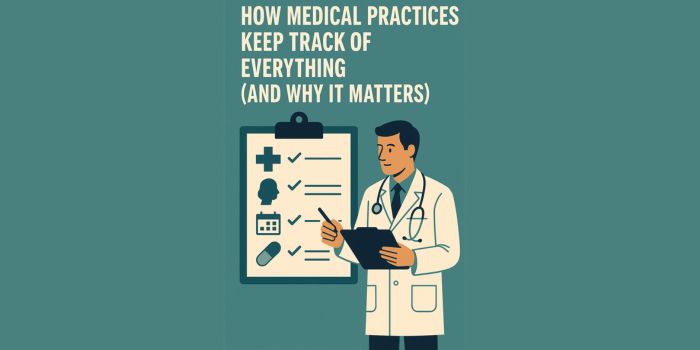Recovery from addiction is never easy, and after rehabilitation, recovery homes come as the next suitable step for a worry-free transition to substance-free living.
Addiction is a disease that no one ever chooses to suffer from, and every year there are millions of individuals who have to face the battle of getting free from dependence on alcohol and other substances. For anyone who is looking to get back to sober living, a reality that has to be accepted is that this is never the easiest journey and there are lots of challenges that one must be ready to face. Even in the age of great advancements, there is still no magic pill that suddenly erases the past and places you in a happy-ever-after future; making addiction recovery a step by step process. Each stage is, therefore, crucial, and there must be no compromises when it comes to maintaining a high level of commitment that motivated you to start the recovery journey.
In the fight against addiction, the major problem that has become a central point of concern is the high rates of relapse in patients who have been released from inpatient drug and alcohol rehab program. While there are lots of causes of relapse during addiction recovery, the major trigger is the exposure to people, things, emotions, and lifestyle factors that get to pull one back to alcohol and substance abuse. These triggers then cause intense cravings that cannot easily be fought off as one lacks the placement in the right environment that can help in shielding against these negative consequences. As a person in recovery, there is the unavoidable need to have a suitable transition from completing rehab to getting back to your lifestyle.
The light at the end of the tunnel
Once you have completed rehab, it is vital to recognize that this, not a ticket that guarantees sobriety, but the completion of an all-important phase that propels you to the next one. The rush to get back home after completing an inpatient program and forget the unpleasant past is only natural, but you must keep in mind the realities of relapsing. For long-term sobriety, there are complementary programs that are a necessity as they help in the adjustment to a lifestyle where you never have to worry about the pressures and cravings you had in the past. It is in this stage that recovery homes come as the perfect solution as they provide the ideal environment for alcohol and substance-free, group living. Instead of heading home directly after completing your rehab program, recovery homes act as a buffer that makes the transition smoother.
The practicality of settling for recovery home as opposed to instantly getting back to independent living is that you get to avoid the sudden exposure to the factors that led to the addiction or could result in relapse. One thing you will love is that sobriety homes are purposefully located in environments that support the peace of mind, offering a safe atmosphere for sustainable recovery. Unlike rehab centers, you are not under an intensive treatment period with lots of restrictions, but a home-like environment that is peaceful. In a recovery home, there is the freedom to move around, go to work, and perform other regular activities without having a nurse or addiction specialist ever at hand. This will be practical in helping you to demonstrate the ability to step back to independent living with little or no worries about keeping up with the long-term recovery.
Another important aspect of being in a recovery home is that the orientation of being in these environments will motivate you to keep up with the motivation for alcohol and drug-free life. This is largely because you will not be alone, but share the home with other individuals undergoing recovery, which brings about the much-needed feeling and sense that you are not alone in this challenging journey. As a group, you will be expected to regularly attend recovery-based meetings, and work with addiction therapists and counselors during the stay at the recovery home. One of the most popular models is the 12-step program that is used by lots of bodies, including the Alcohol Anonymous and other support groups.
Recovery homes are under the management of a house manager who will ensure all the rules are followed and that everyone is participating in the recovery program and takes part in the house chores. The result is a home where there are no problems, and everyone gets to be a respected housemate who is given equal levels of respect and attention from the entire team. In such an environment, one gets to slowly readjust to regular living and have constant support when it is much-needed.
Conclusion : The path to recovery is never easy, and after the completion of an inpatient rehab program, one requires the right environment for readjusting to a normal lifestyle. Recovery homes are practical for the shift as they are designed to ensure relapse prevention and sustainable group living.




